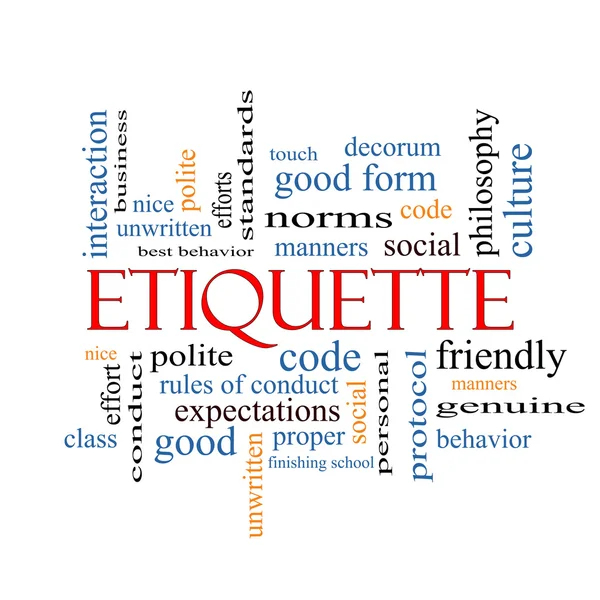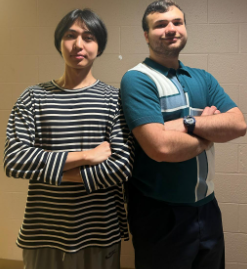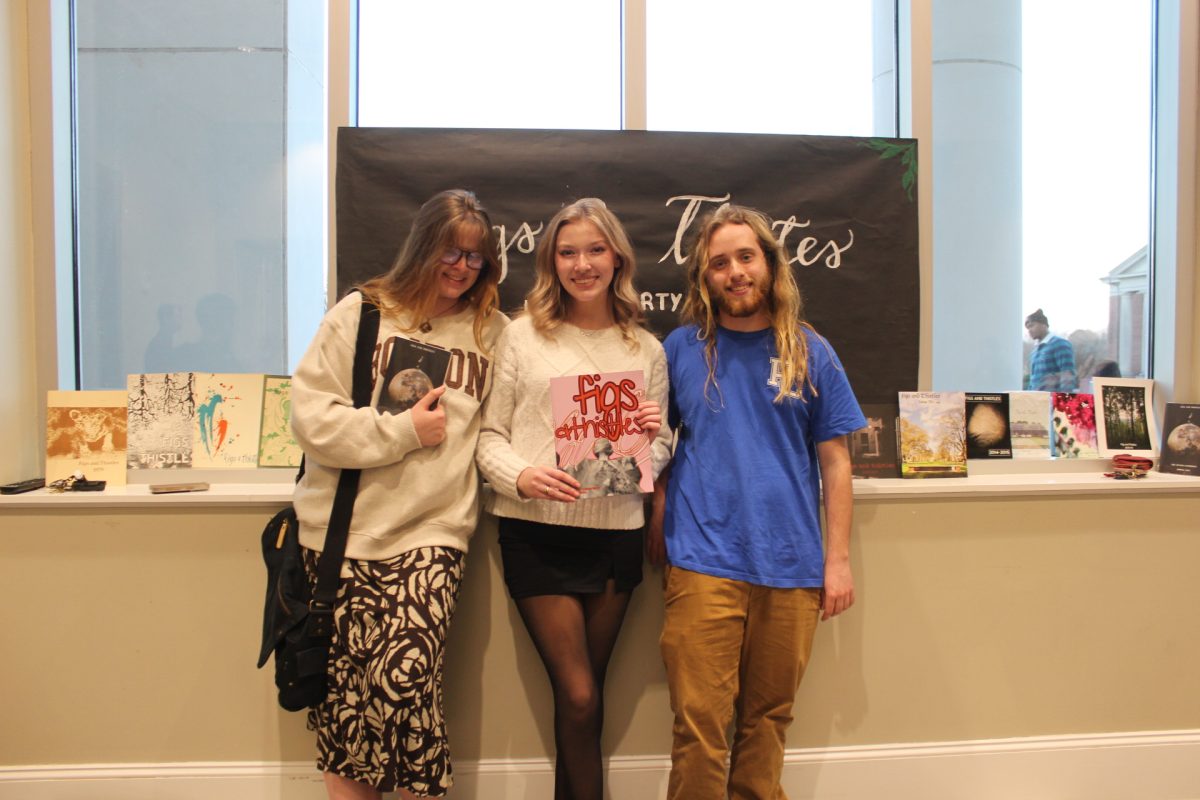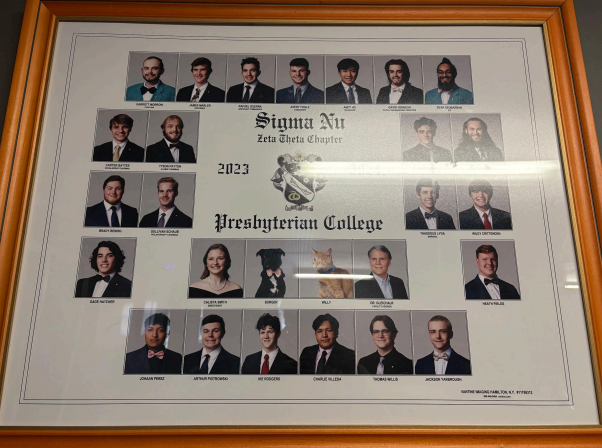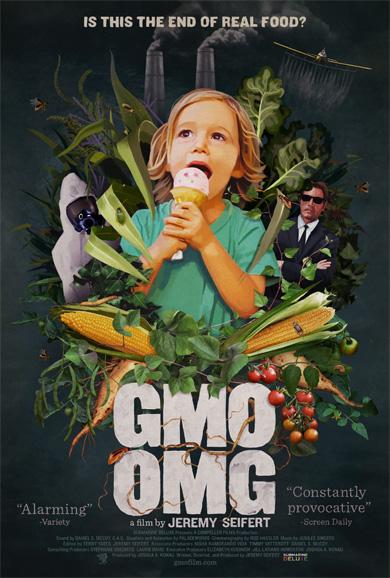 Quick, can you tell me what a GMO is? If you guessed genetically modified organisms, you’re correct. If not, then the documentary GMO OMG by Jeremy Seifert can shed some light on what this strange acronym is and what it has to do with your food. And by the size of the crowd for the screening of GMO OMG
Quick, can you tell me what a GMO is? If you guessed genetically modified organisms, you’re correct. If not, then the documentary GMO OMG by Jeremy Seifert can shed some light on what this strange acronym is and what it has to do with your food. And by the size of the crowd for the screening of GMO OMG
In a sequence of shots of people’s responses to the question “what is a GMO?” most answered that they truly did not know anything about it. The fact that the general public is unaware of GMOs suggests that they also do not know of the effects of eating GMOs over extended periods of time, what even GMOs do, or how they are made. Seifert shows, through recordings of his trips to various farms and agrichemical companies and his own research, that GMOs are present in nearly every processed food product (and sometimes even “all-natural” ones). With such little knowledge on these genetically modified organisms, why does no one question the safety of these? This is the main question Seifert asks in his documentary and seeks to answer.
GMO OMG opens with a voice over of the environmentalist and poet Wendell Berry reading his poem “The Peace of Wild Things” over long cinematic shots of nature, which leads into the film-length narrative of Seifert’s young son’s passion for seeds and his understanding of their origins and value to societies and cultures. This search leads into Seifert learning about genetically modified crops and how farmers often heavily use herbicides and pesticides on these GM crops and that the FDA does not necessarily have a well-developed method of tracking the health risks of eating these chemical-laden foods.
Along with raising awareness and defining GMOs, Seifert’s documentary explores both sides of the argument. Often the farmers who supported GMOs said that they would “feed the world.” But how much of that food actually goes to countries that need it? In truth, those countries that “need” genetically modified food don’t accept it because the people believe it is unnatural, shown here by Seifert’s trip to Haiti before the earthquake. Already living in a poverty-stricken country, the people there burned seeds given to them by Monsanto, an agricultural chemical company, stating that Monsanto does not provide these seeds to protect life or the environment, but rather to make a profit.
Then are GMOs really “feeding the world”? If they prove to have just as serious side effects as seen in the rats in a study conducted by Gilles-Eric Seralini (imagine tumors nearly as large as these rats), then I know personally I would not want to eat anything genetically modified.
In the question-and-answer section after the screening of GMO OMG, many in the audience wondered about various aspects of GMOs the documentary touched upon but did not go in quite as in depth. Why weren’t American scientists testing GMOs if there could be possible health risks in the long term? Seifert said that the cost for such extensive research is astounding, but perhaps the concern for human health may balance out the expense. And what about the spread of GMO seeds in the wild, such as the case with rogue GMO wheat, a project that the Monsanto Company was supposed to have shut down? Seifert answered in a similar line of thinking as Wendell Berry, stating that agribusiness is taking the culture, the people, out of agriculture and making it all about profit and worrying about little else.
“How we eat determines, to a considerable extent, how the world is used,” states Wendell Berry in his essay “The Pleasures of Eating.” With this growing concern for GMOs, highlighted in Jeremy Seifert’s simple yet effective documentary, are GMOs really the way we want to eat? To determine for yourself, then you should see the film GMO OMG.

